Polls opened at 8am on Sunday and closed at 6pm, with results expected throughout the night. Chileans began voting for a new president and parliament in a contest expected to favor the hard right, as candidates played on popular fears over organized crime and immigration. The election is the first of an expected two rounds of presidential elections, with polls showing none of the candidates clearing the 50% threshold needed to avoid a runoff scheduled for 14 December.
According to analysts, the contest has been dominated by two frontrunners: Jeannette Jara, a 51-year-old card-carrying communist and former labor minister in the left-wing government, and José Antonio Kast, a 59-year-old ultraconservative lawyer and former lawmaker who opposes abortion and vows to shrink the state. Both candidates have promised to fight foreign gangs, with Kast calling for stricter immigration policies and Jara advocating for greater cooperation with neighboring countries to address the issue.
"I think the people are tired of the same old promises and want someone who will take action," said Kast, in a statement to the press. "We need to restore order and security in our country, and that means taking a tough stance on immigration and crime."
Jara, on the other hand, has emphasized the need for greater social and economic equality, promising to increase funding for education and healthcare. "We need to address the root causes of crime and poverty, not just the symptoms," she said. "That means investing in our communities and providing opportunities for all Chileans."
The election has been marked by controversy, with critics accusing Kast of promoting divisive and xenophobic rhetoric. However, his supporters argue that he is the only candidate who can effectively address the country's growing crime problem.
Background and context show that Chile has been grappling with rising crime rates and immigration in recent years, with many citizens feeling increasingly insecure. The country's economy has also been experiencing a slowdown, leading to widespread discontent and frustration.
In addition to the presidential contest, Chileans are also voting for a new parliament, with many seats expected to be won by right-wing parties. The election is seen as a key test of the country's democratic institutions, with many observers warning of the dangers of polarization and extremism.
The results of the election are expected to be announced throughout the night, with a runoff scheduled for 14 December if no candidate clears the 50% threshold.
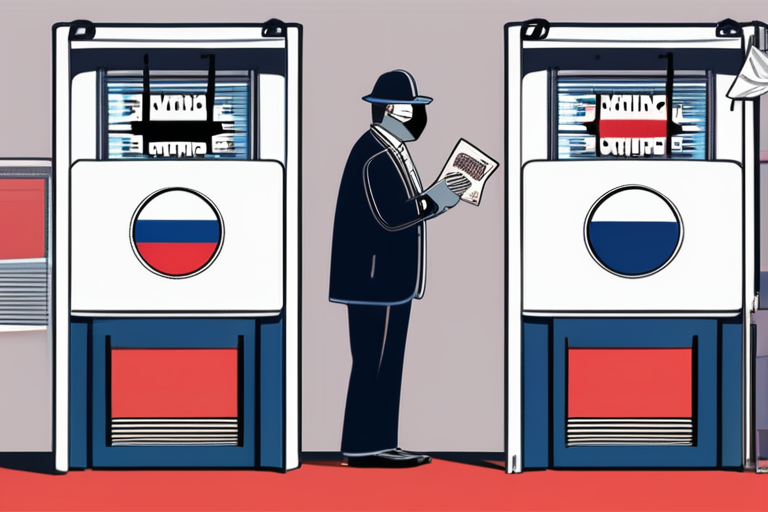


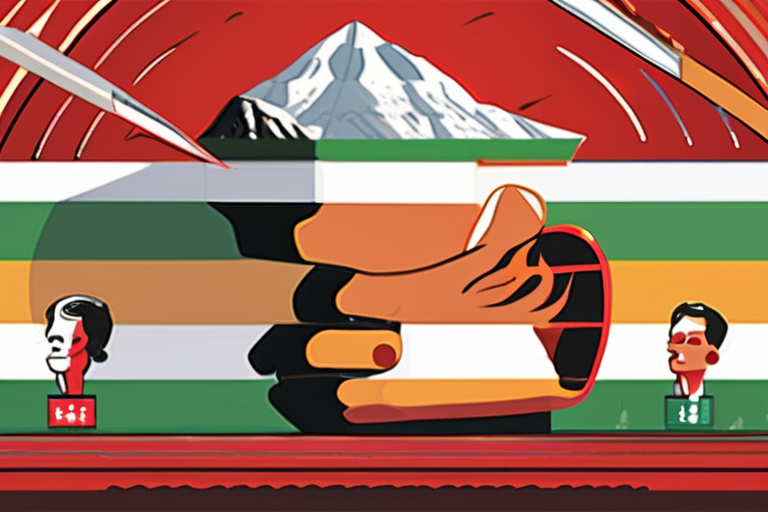
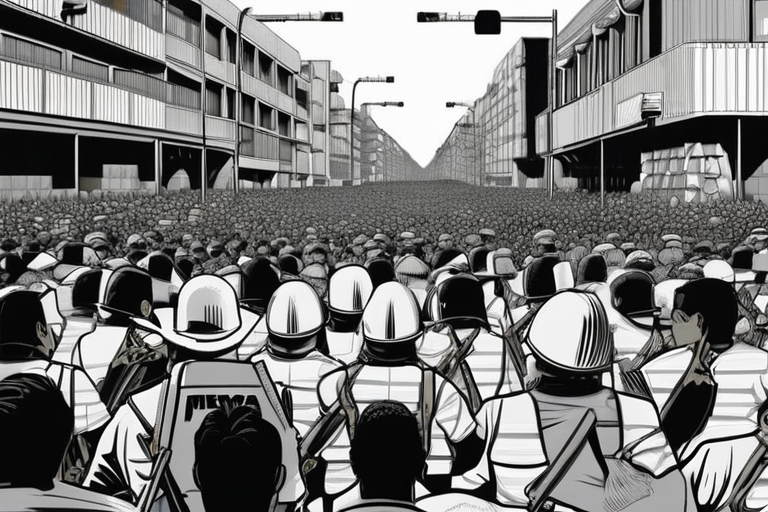
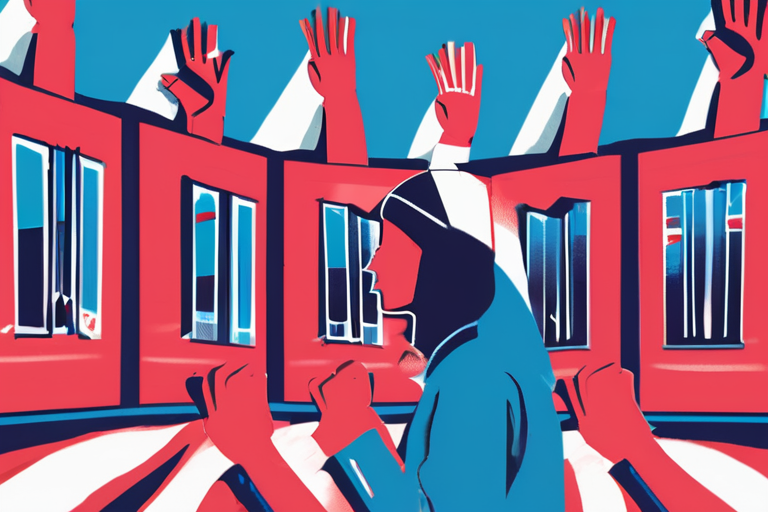
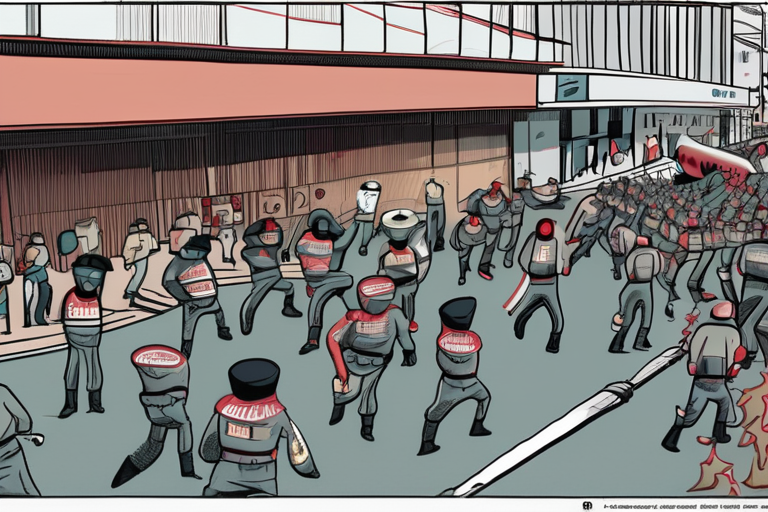
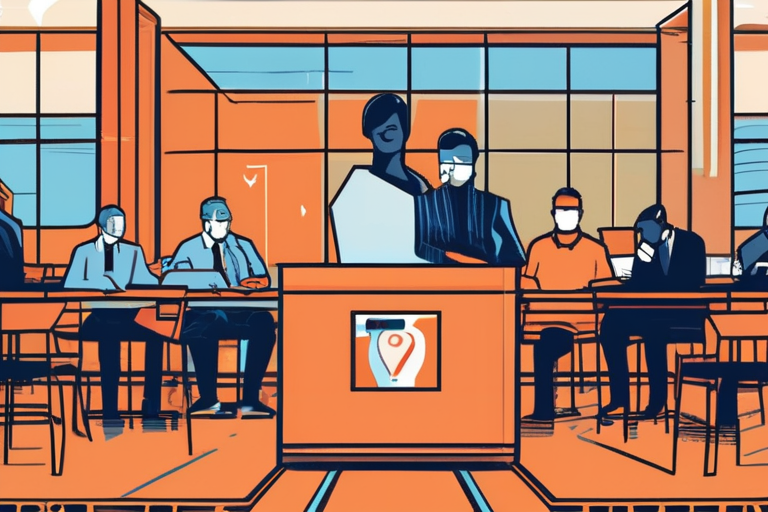
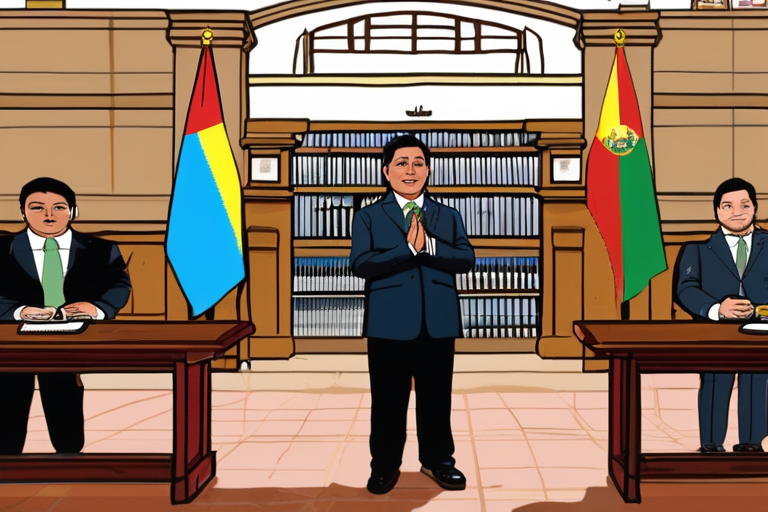
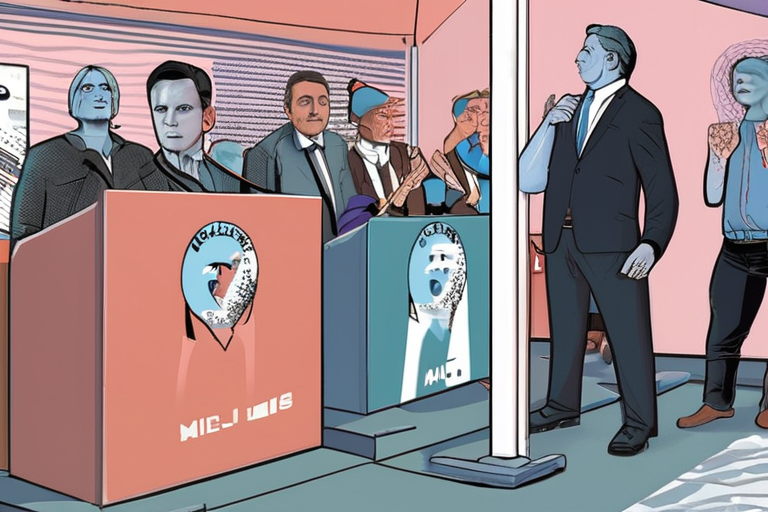

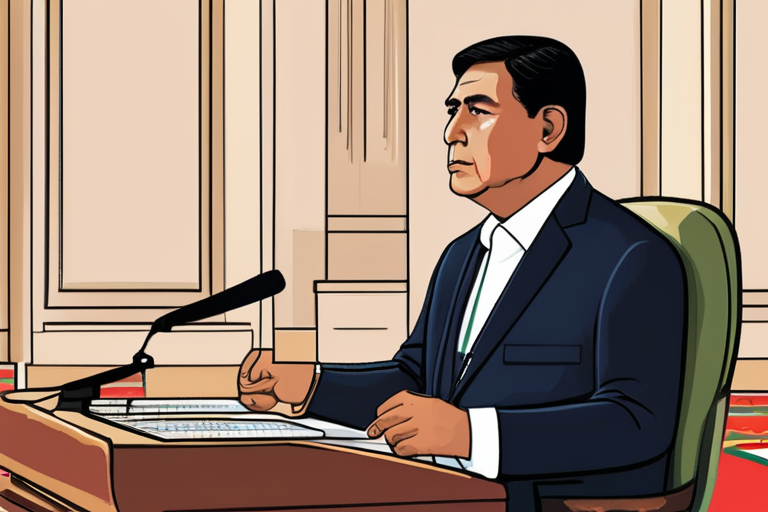
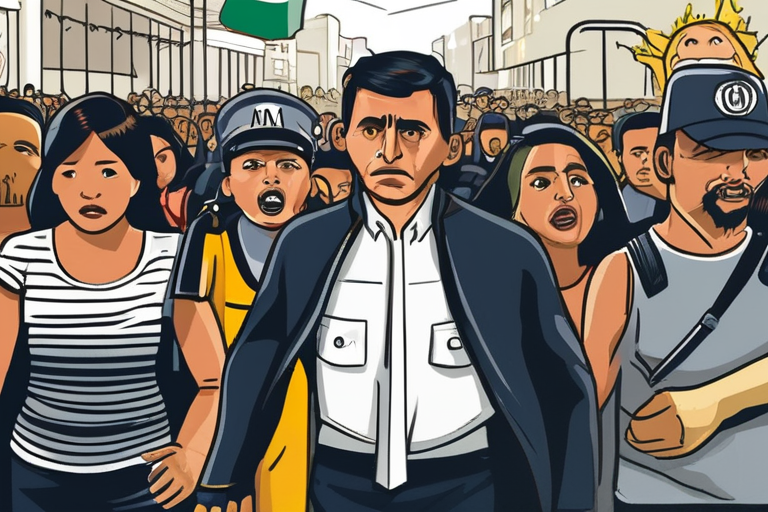
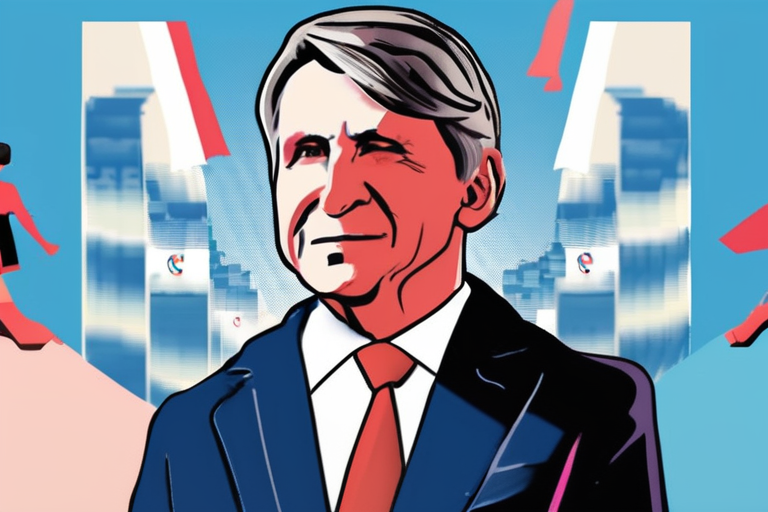
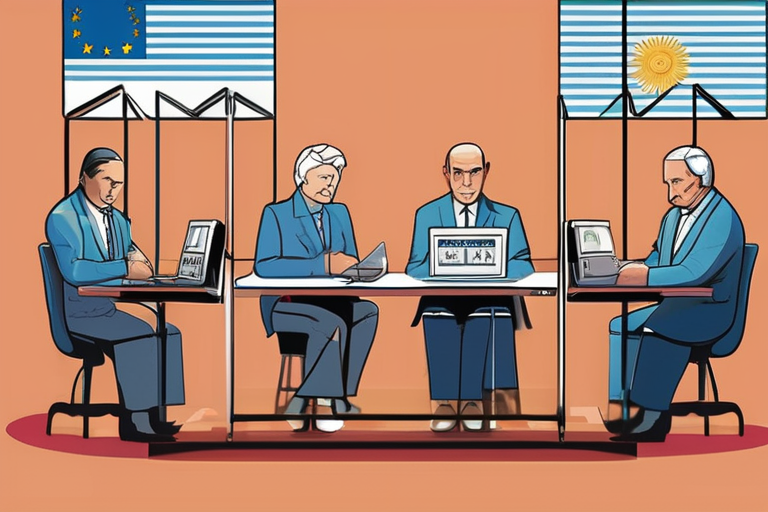
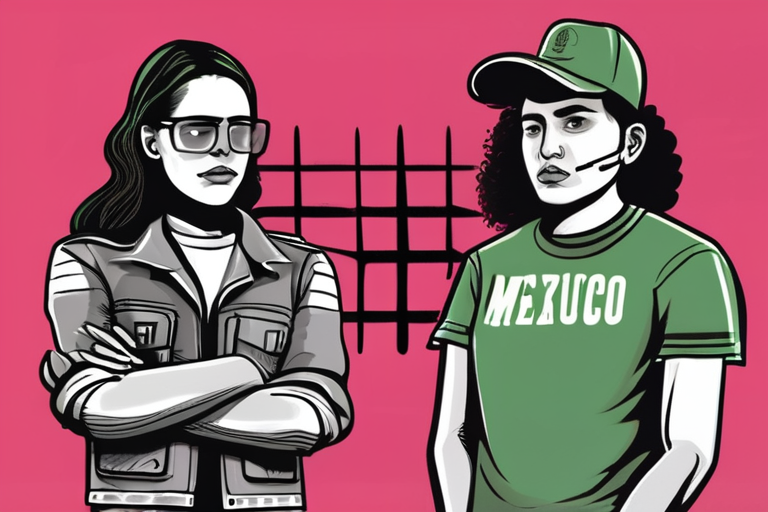
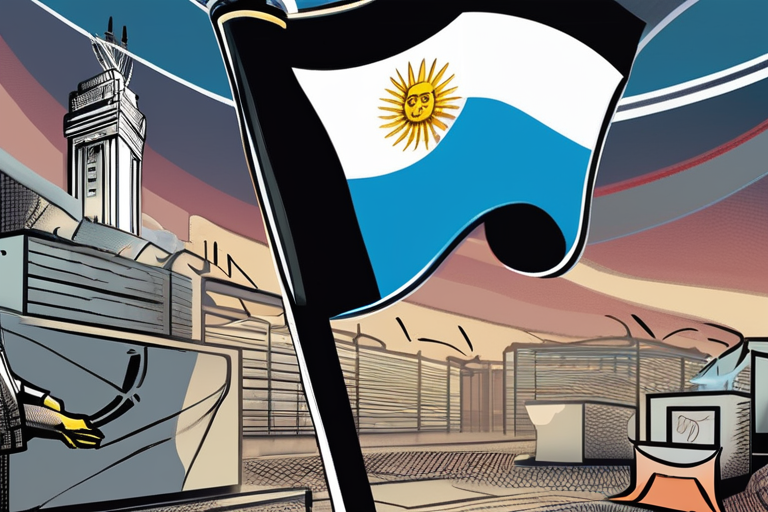
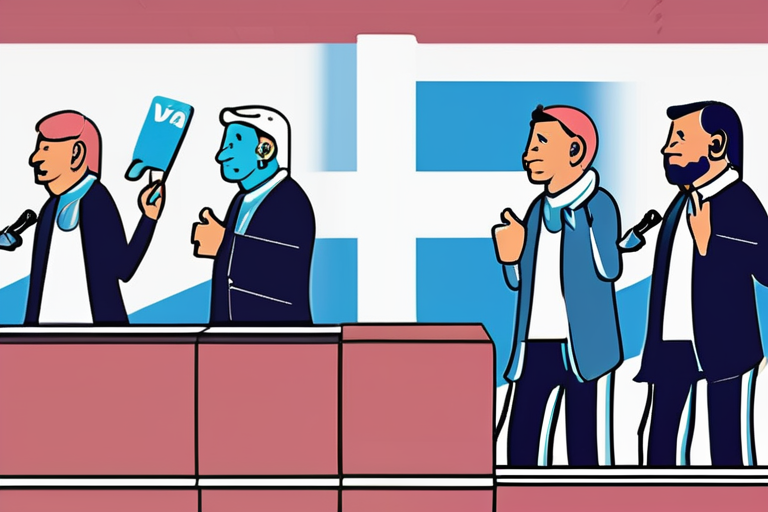
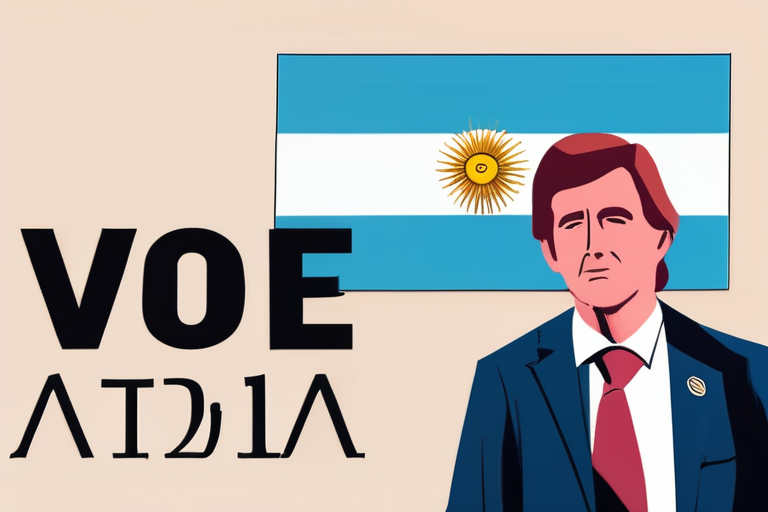
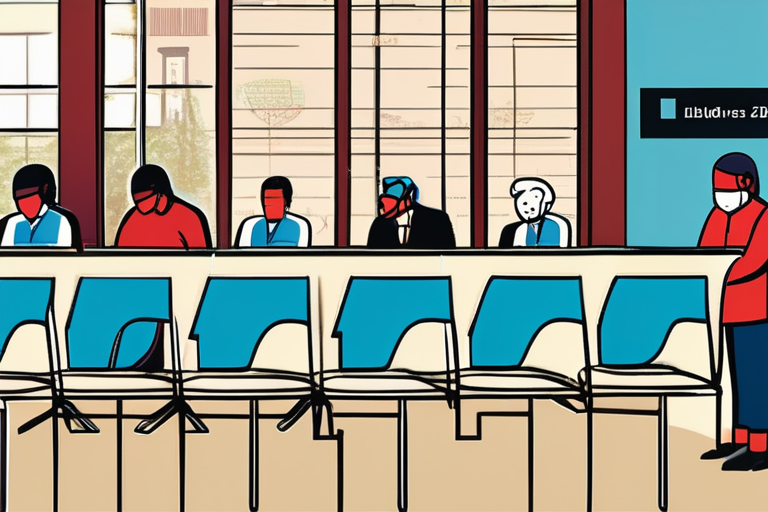
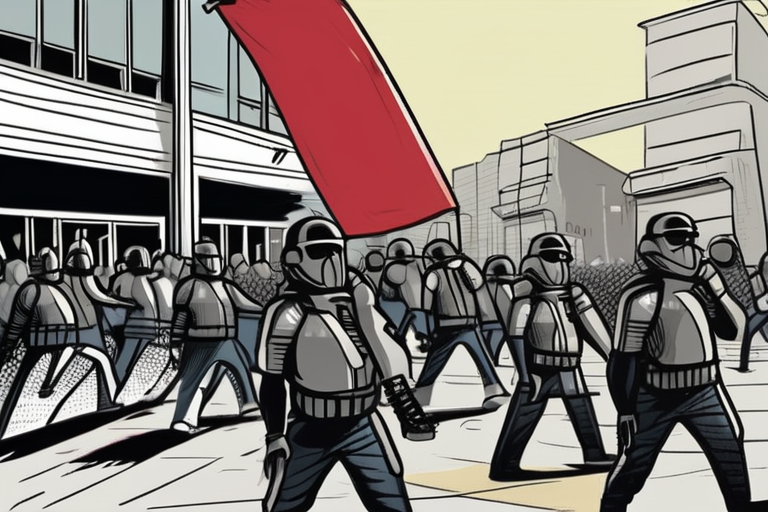


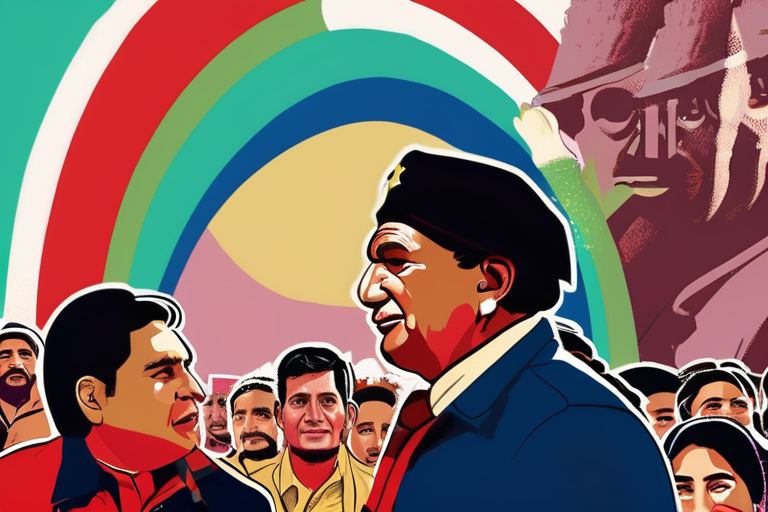
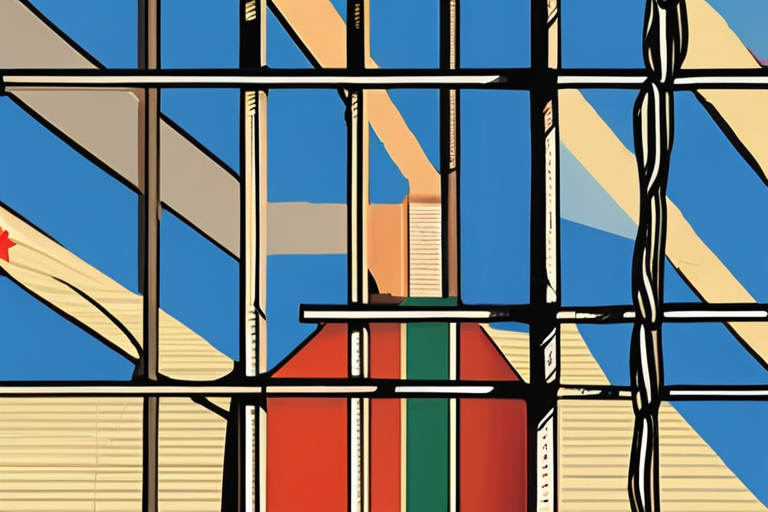
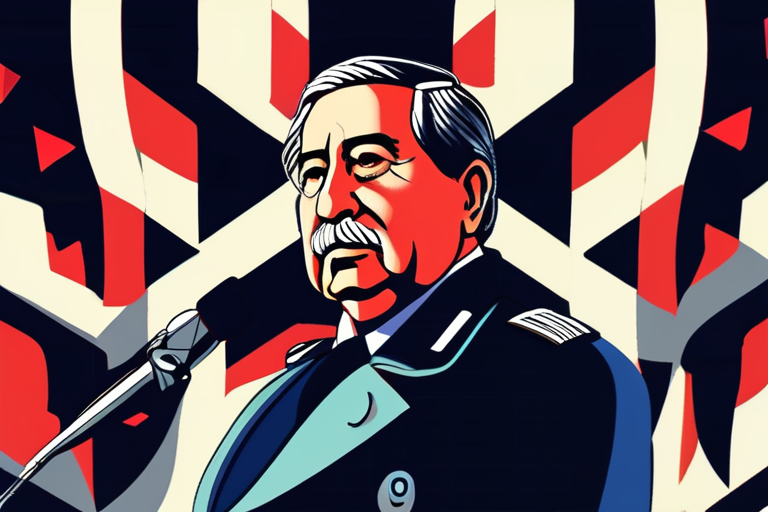

Share & Engage Share
Share this article